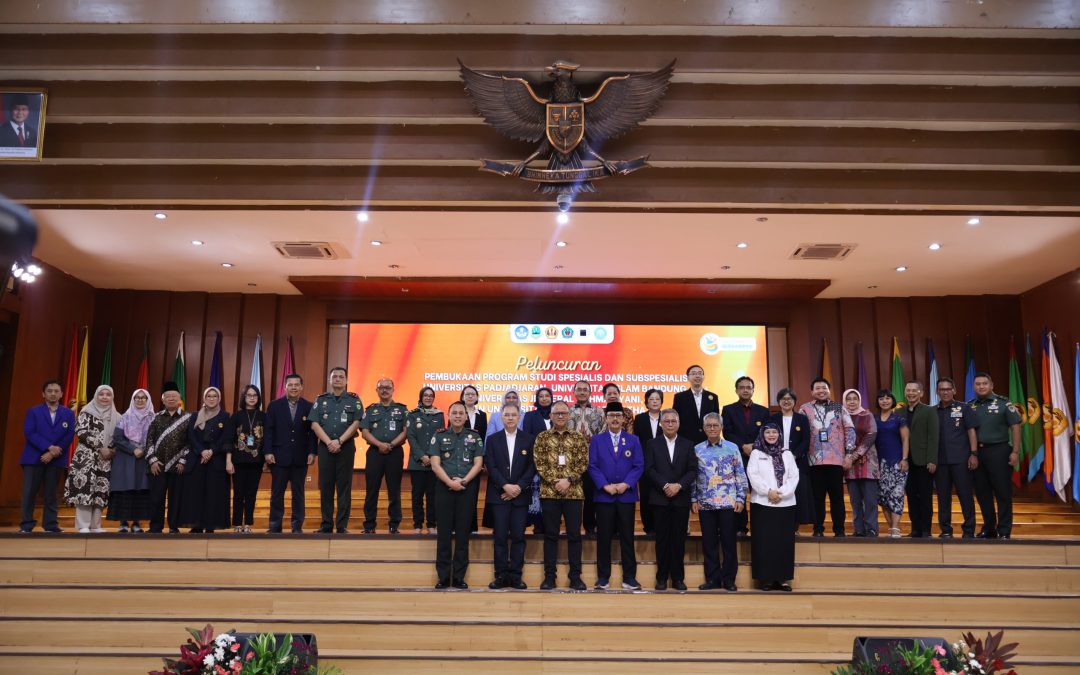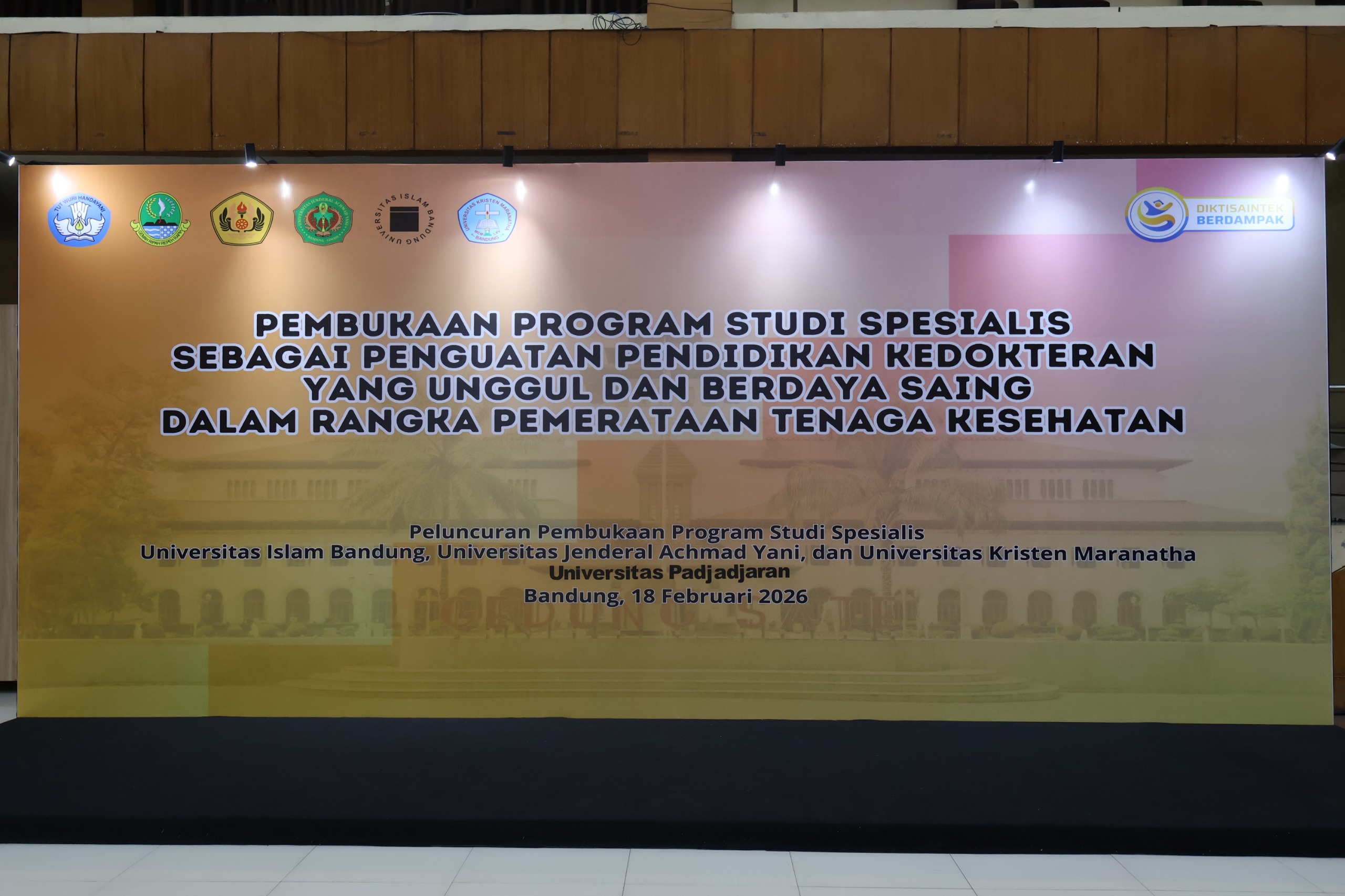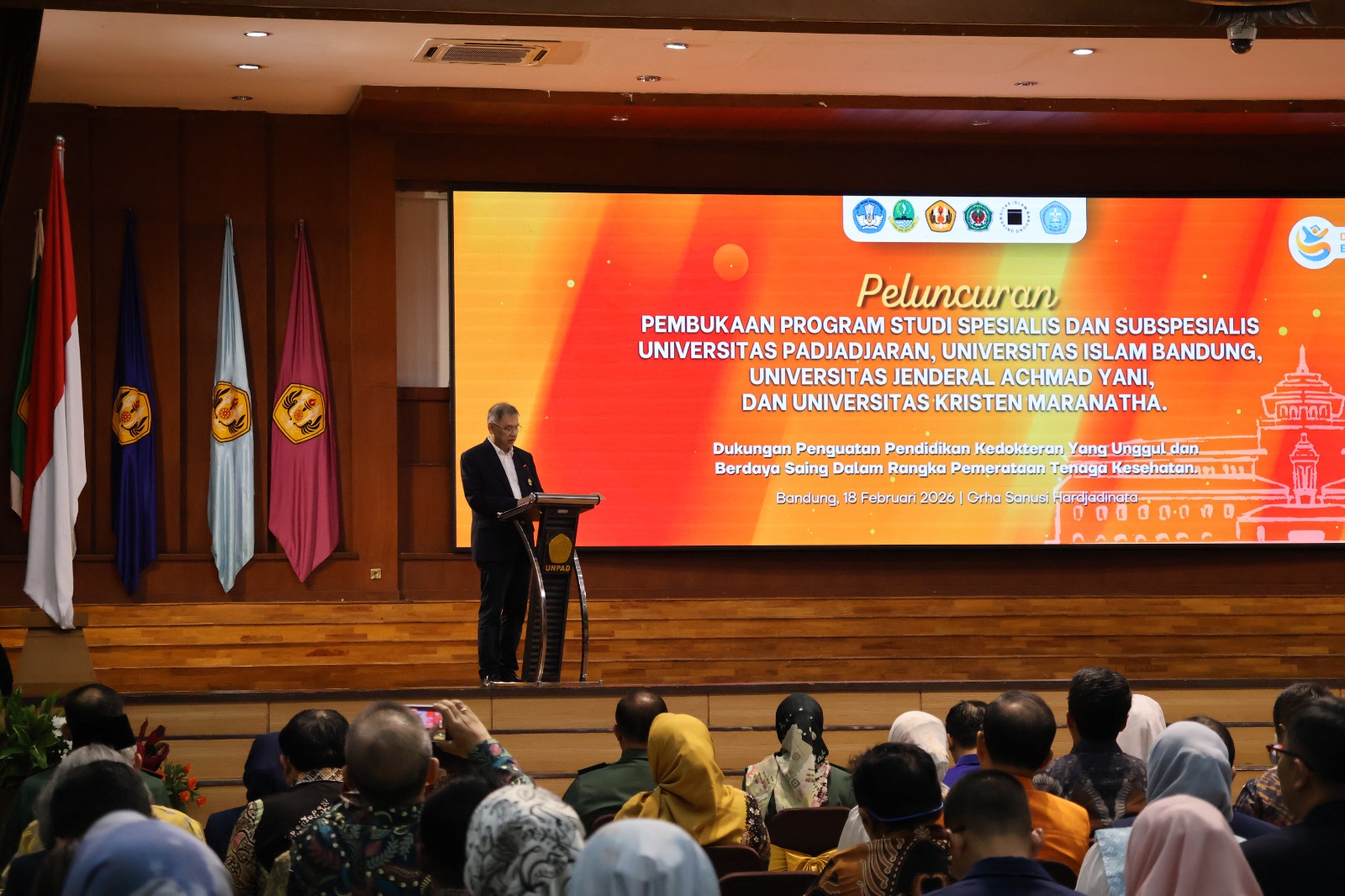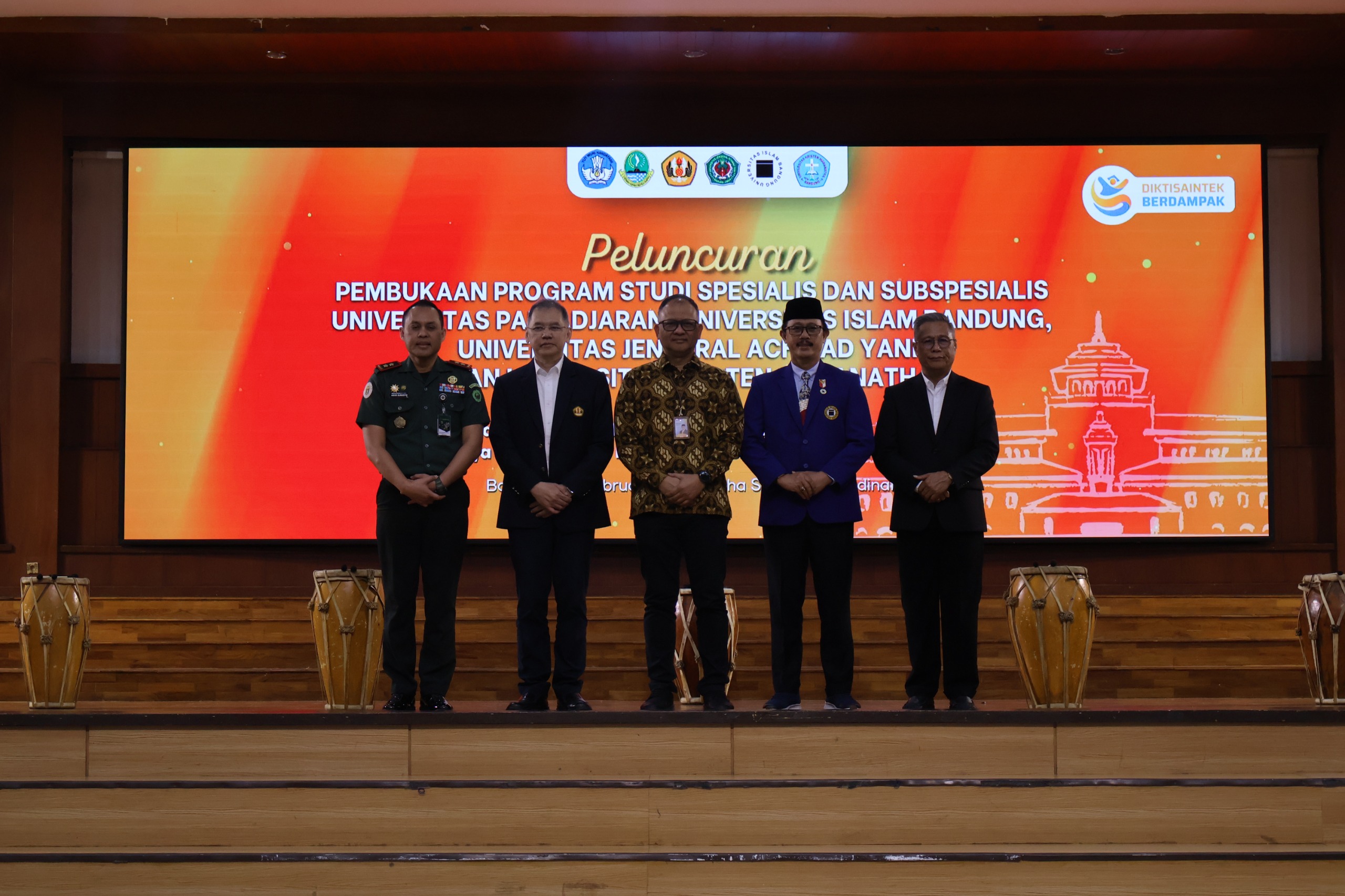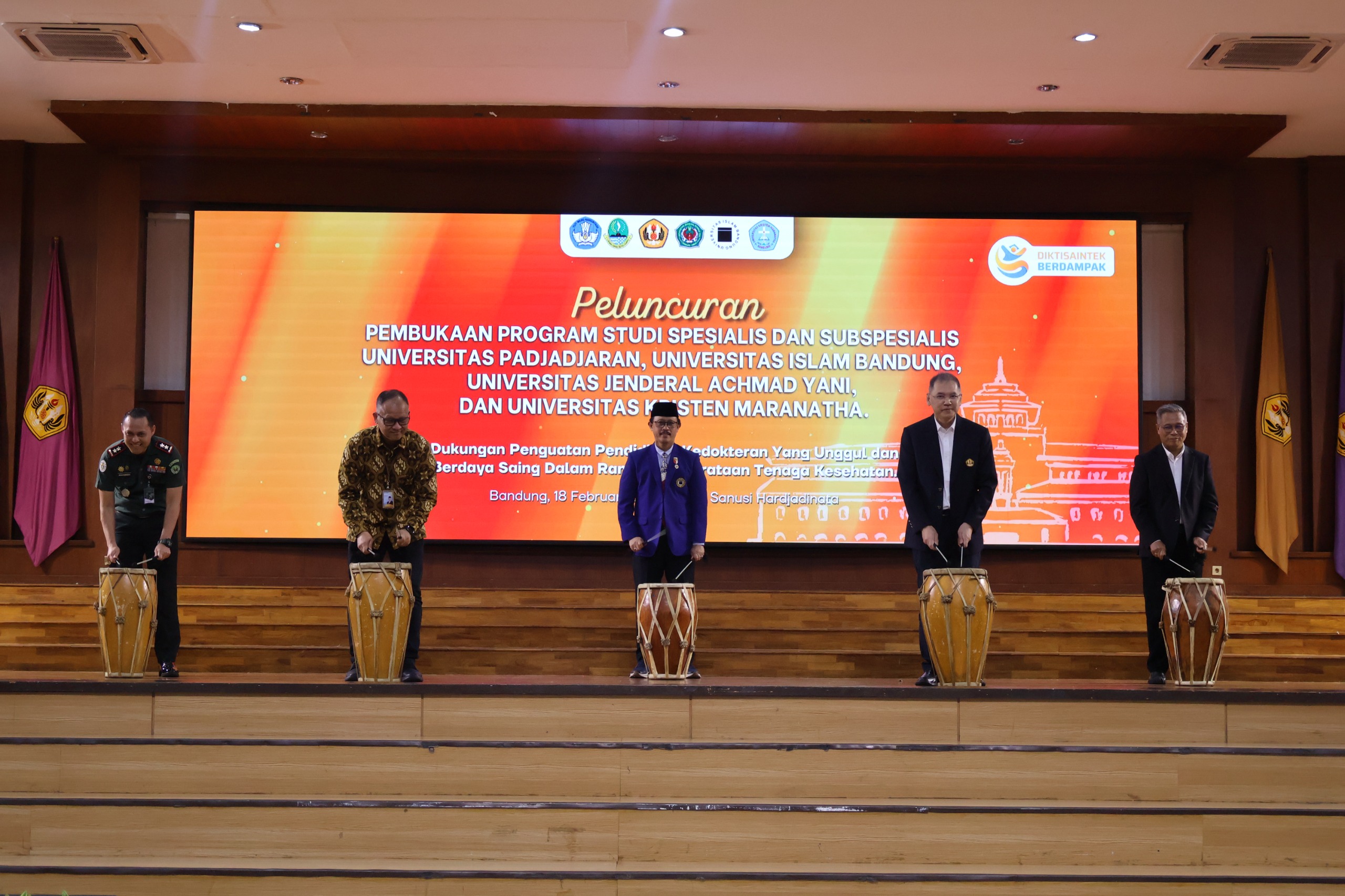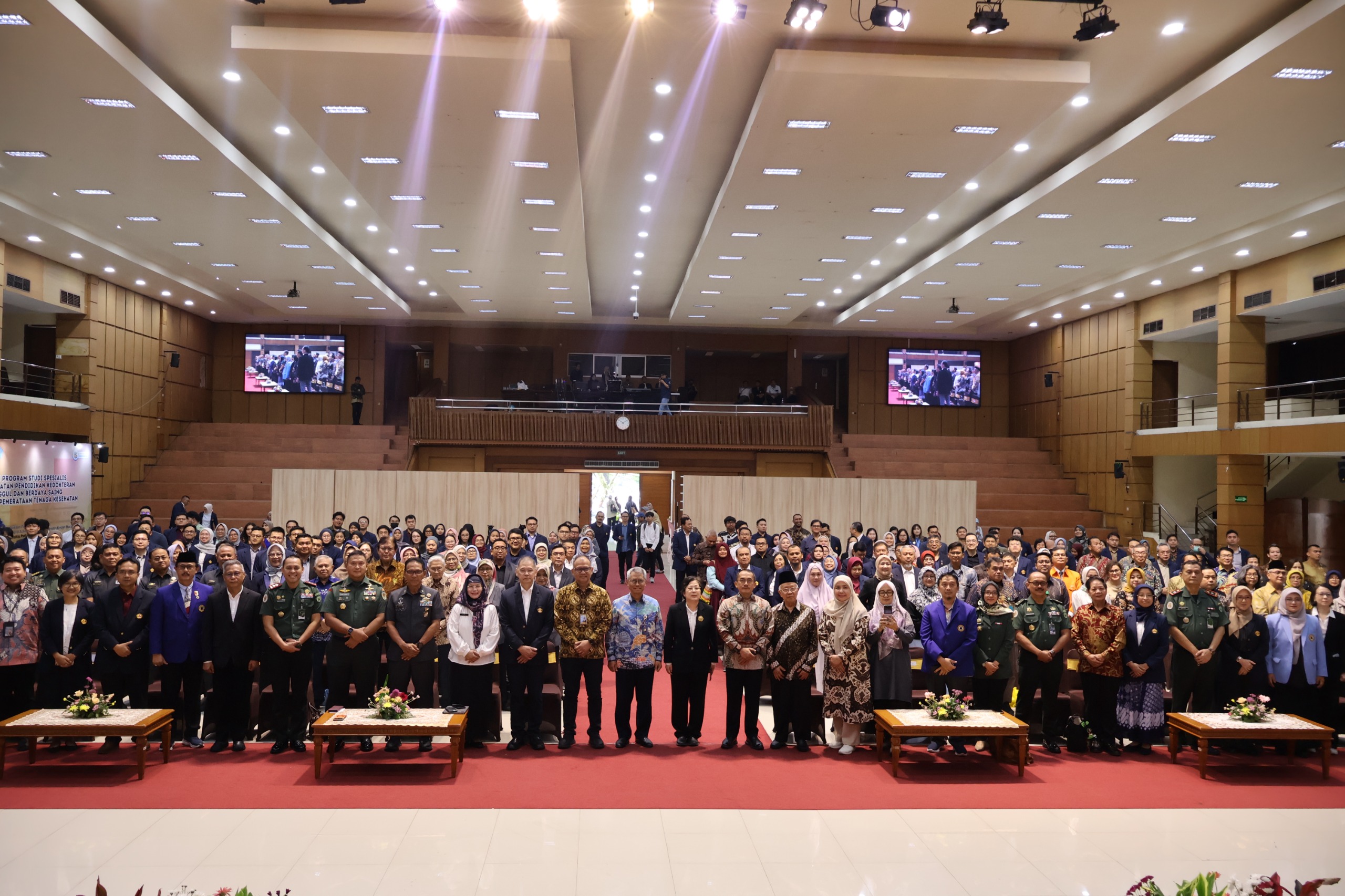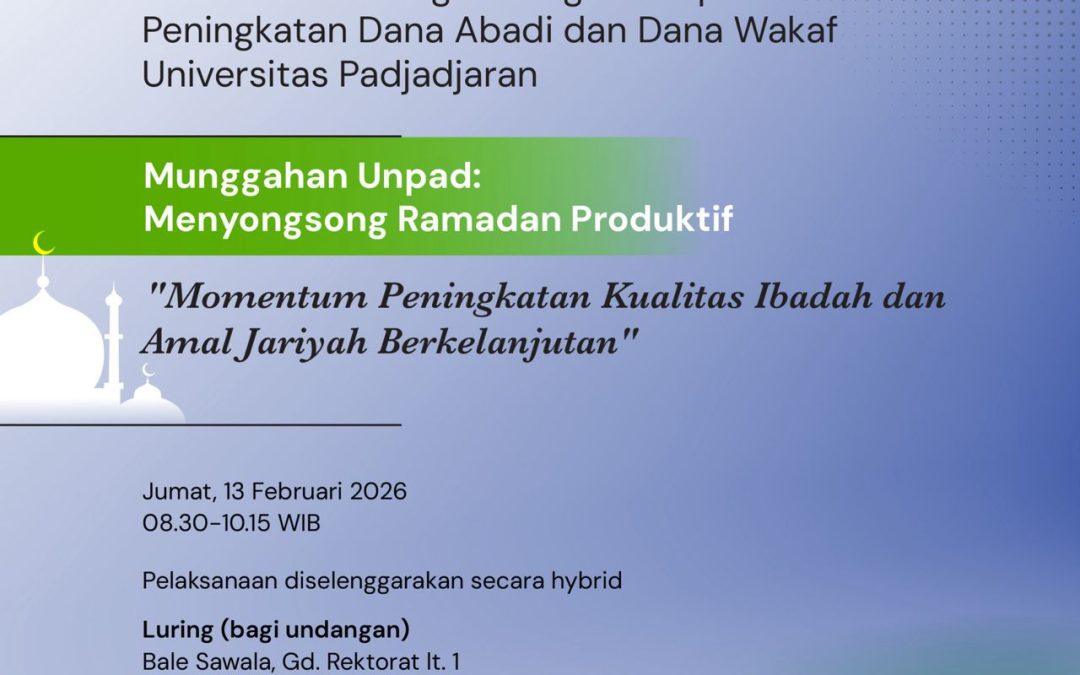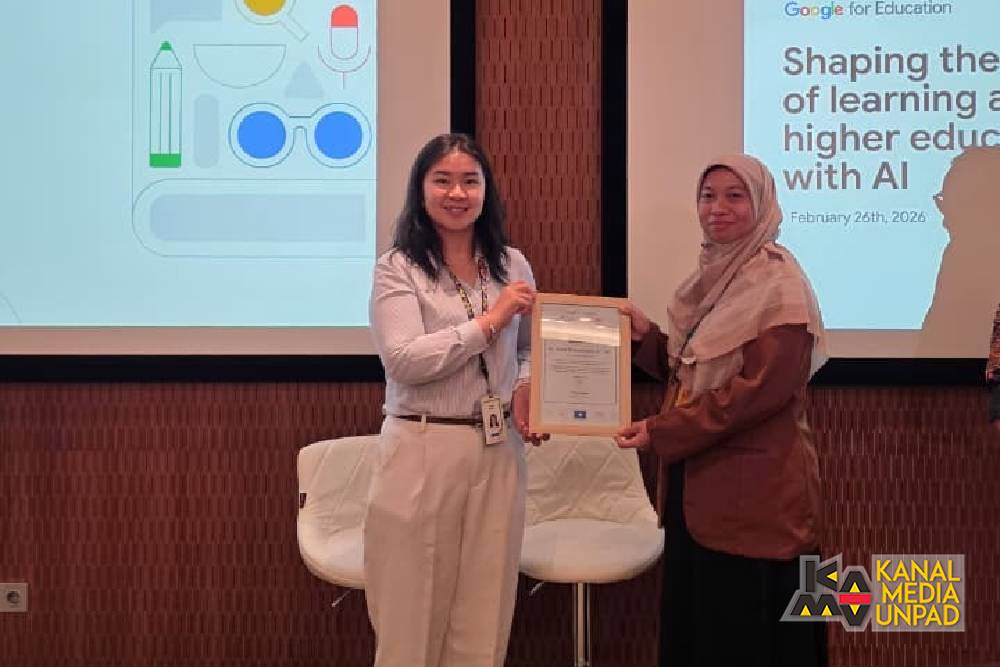
Prestasi Unpad di Google for Education 2026: Dominasi Inovasi AI Nasional
Bandung, 28 Februari 2026 — Fakultas Kedokteran Universitas Padjadjaran turut berbangga atas prestasi luar biasa yang diraih Universitas Padjadjaran (Unpad) dalam kompetisi Google for Education AI Learning Lab – Higher Education yang digelar 26 Februari 2026 di Kantor Google Indonesia, Pacific Century Place Tower, SCBD, Jakarta. Unpad tidak hanya menjadi peserta, tetapi tampil sebagai juara nasional dan pembicara utama dalam pertemuan strategis ini.
Dalam acara yang menjadi wadah kolaborasi pimpinan perguruan tinggi dan pelaku ekosistem teknologi, Unpad mengukir prestasi sebagai berikut:
📍 Juara 1 Nasional — The Institution with The Highest Number of Gemini Certified Faculty
Penghargaan ini menegaskan posisi Unpad sebagai institusi dengan jumlah tenaga akademik bersertifikat Gemini AI paling banyak di Indonesia.
🏅 Juara 1 Nasional — Individual Category (Pengimbasan Gemini AI)
Prestasi ini diraih oleh Firman Ramdhani, S.Tr.Kom. dari Direktorat Perencanaan, Sistem Informasi, dan Transformasi Digital (DPSITD) Unpad, yang menunjukkan kualitas talenta SDM Unpad dalam implementasi AI.
Prestasi ini merupakan buah dari kolaborasi lintas unit internal Unpad, termasuk DPSITD, Pusat Inovasi Pengajaran dan Pembelajaran (PIPP), Pusat Pengetahuan dan Keterampilan Tenaga Kependidikan, serta Direktorat Kemahasiswaan. Hingga kini, 398 dosen, tenaga kependidikan, dan mahasiswa Unpad telah meraih sertifikasi internasional Gemini AI, mencerminkan kesiapan besar kampus dalam menghadapi era Intelligence-Driven Education.
Pencapaian ini semakin memperkuat komitmen Unpad dalam memperluas adopsi teknologi mutakhir di dunia pendidikan serta memperkokoh peran kampus dalam pengembangan riset dan layanan pendidikan yang kompetitif di kancah nasional maupun internasional.



